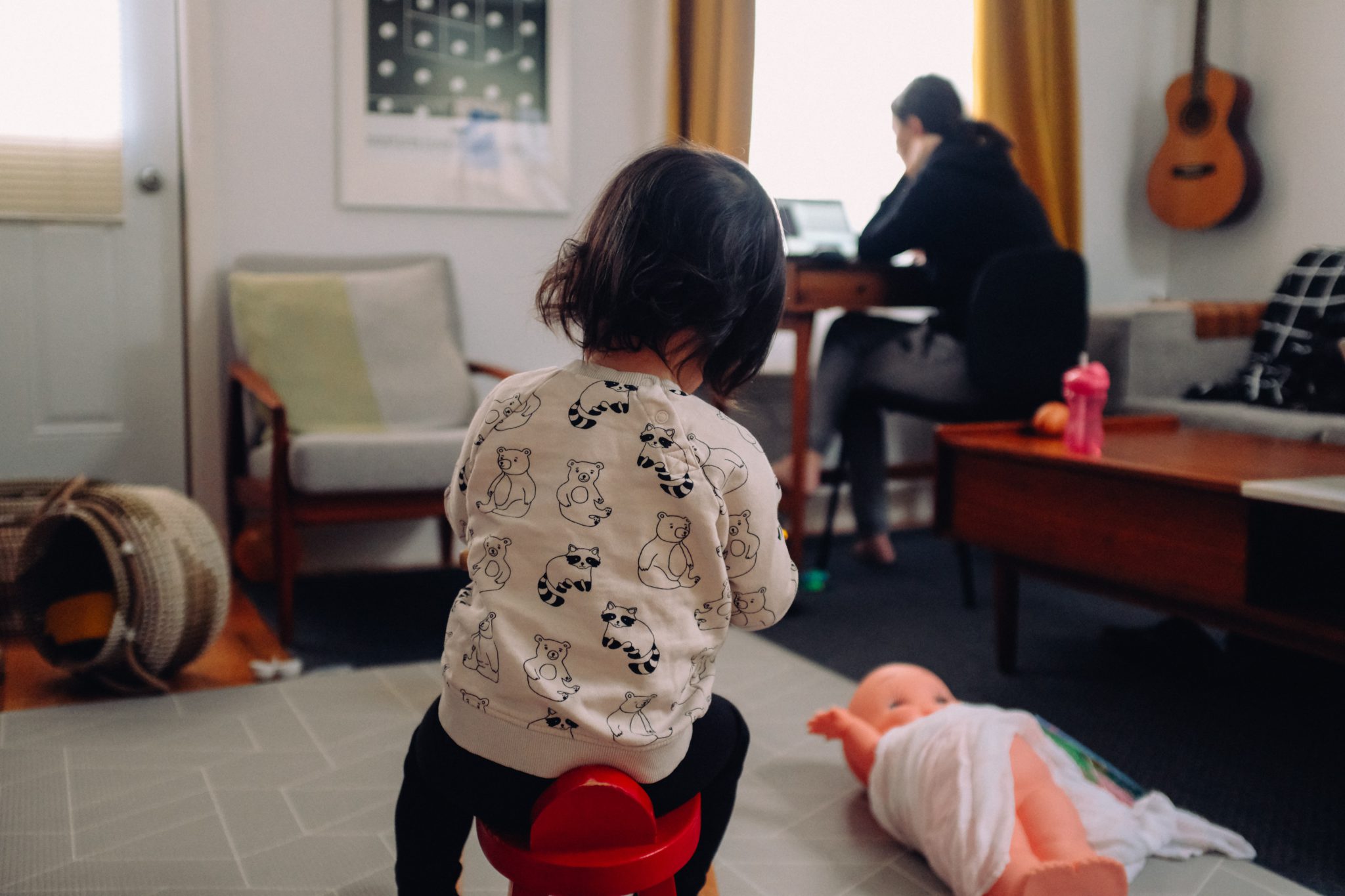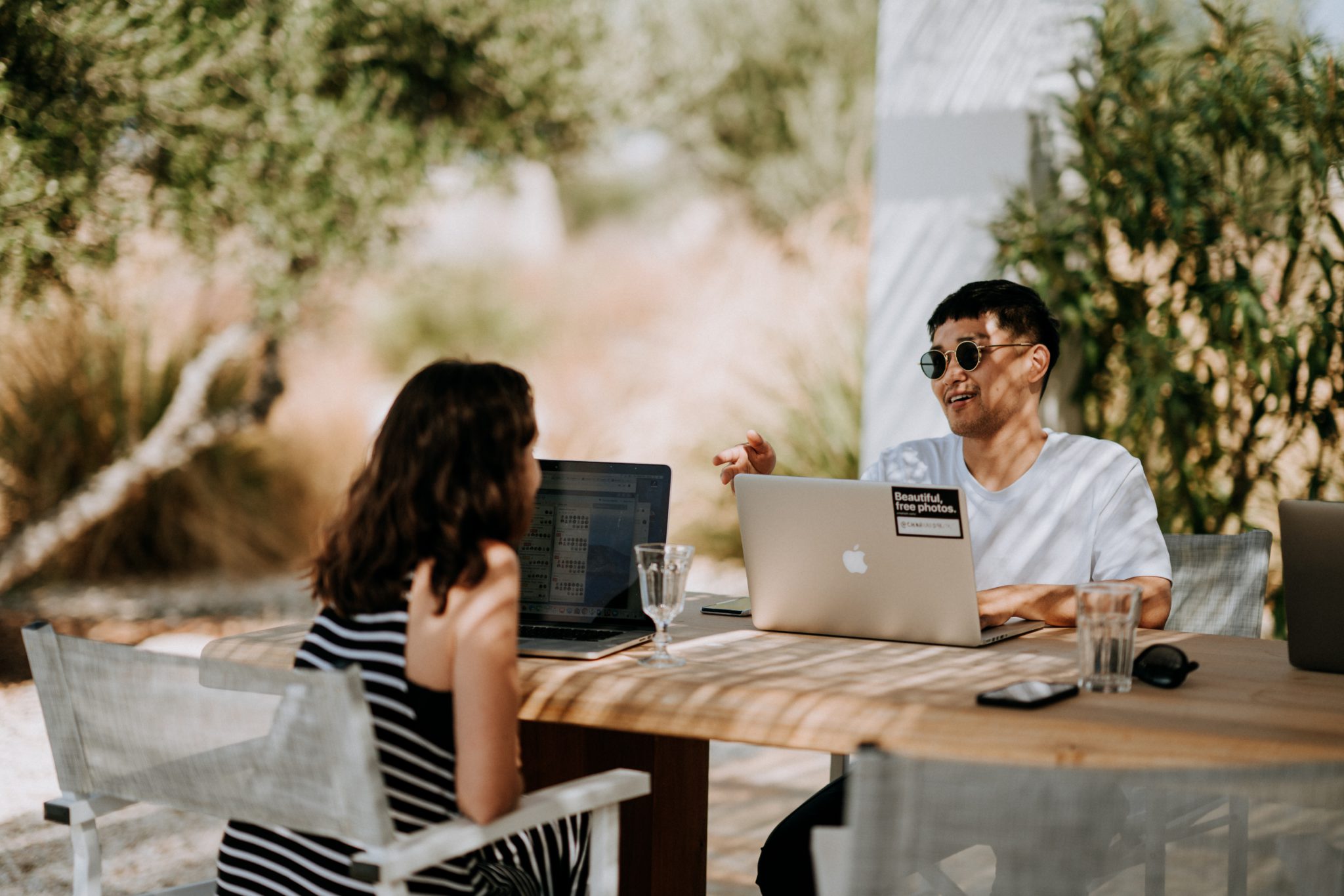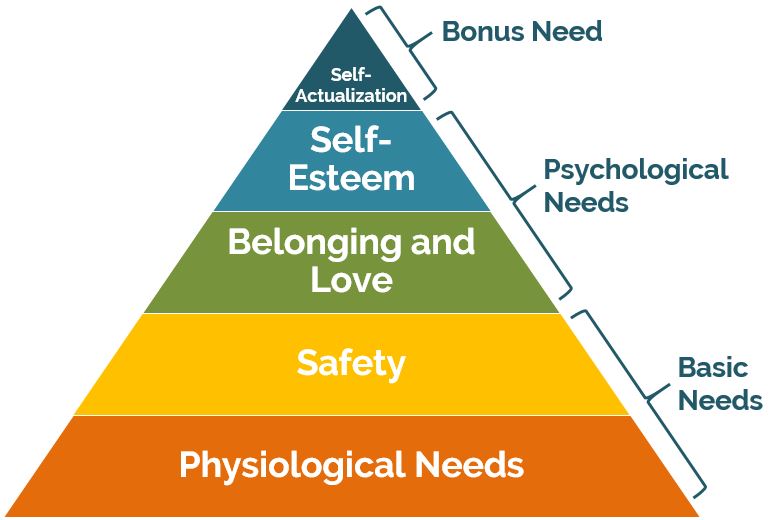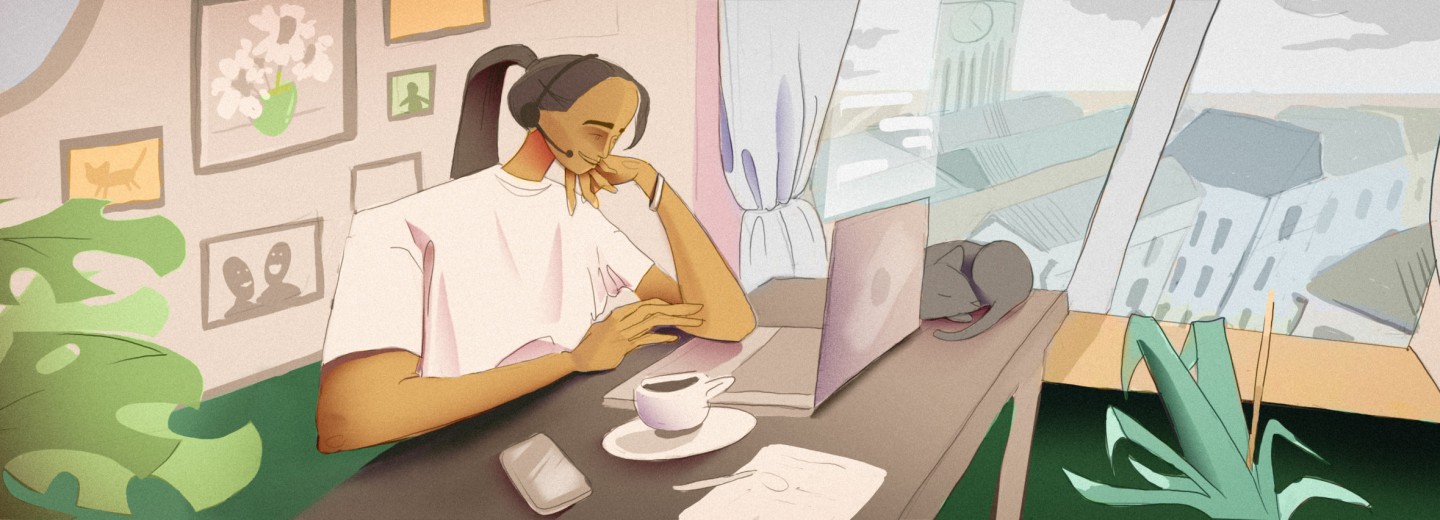危機 Don’t let a good crisis go to waste – part one – Working life
The Chinese characters for ‘crisis’, in English, mean ‘where there is risk, there is chance.’ Winston Churchill, when helping found the United Nations, famously said:
These thoughts are relevant for the world today. At the start of the third year of the COVID pandemic, much has changed – forever. In our last (two-part) posts of 2021, we look at the future. Part one discusses how the nature of the workplace is changing. It is surprisingly optimistic.
History
In early December 2019, the global news seemed as it had always been. There was a shoot-out in Mexico. India and Sudan had big factory fires. Protests took place in Lebanon. There was a major outbreak of measles in Samoa. Google founder Larry Page and Sergey Brin stepped down. A general election took place in the United Kingdom.
Then, at the end of December 2019, the World Health Organisation (WHO) quietly reported a ‘cluster of cases of pneumonia of unknown cause’ detected in Wuhan, China. Chinese authorities identified a new virus on 7 January 2020 and temporarily named it “2019-nCoV”.
Two weeks later, with thousands of new cases in China, WHO officially declared a “public health emergency of international concern”. China’s Foreign Ministry said that it would continue to work with the WHO and other countries to protect public health. The first serious infections in Europe occurred in northern Italy in February 2020. Lockdowns – a new term to describe the almost total prohibition of social activity – quickly followed in Europe and elsewhere. The U.S. State Department warned travellers to avoid China. In our post in mid-April, we highlighted the difference between the initial western approach to the virus (casual, bored, indifferent) to that in Asia (concerned, careful, cautious).
The COVID era
Almost two years and trillions of ‘printed dollars’ later, we know that life has changed and that ‘things will never be the same again’. Even though the world has faced worse natural disasters, this is our generation. We must deal with our own pandemic, adapt, and survive.
In the seven years of the Black Death (bubonic plague) starting in 1346, estimates of deaths range from 75 to 200 million people – between 30% and 60% of the population of Europe. The ‘Spanish Flu’ virus in 1918 infected an estimated 500 million people – one third of the world’s then population. 50 million died.
Writing at Christmas 2021, the global population is now 7.9 billion people. 273 million of us have caught COVID. 5.4 million have so far died. By comparison with earlier pandemics, COVID has (so far) proved mild.

Yet the impact of this pandemic is vast and incalculable. Years will pass before it can be fully assessed. How many airlines does the world need? Are ‘just-in-time’ supply chains still viable? Is it sufficient to assess the strength of economies purely by GDP? Have global geo-politics improved or worsened because of COVID? Having printed all this money, how will the world cope with coming inflation?
Time will tell
As Alan Murray, Editor of the Fortune newsletter writes:
Alan also notes the risks. These include inflation, supply chain problems, political dysfunction (in the USA especially – our italics) and geo-political tensions.
Two of the positives interest me. Both receive the focus they now have, because of the pandemic. We are looking differently both at work and the environment. Although the trends have been there for some time, we now take them more seriously.
Working lives
The Black Death caused a revolution in work in Europe. With between one third and one-half of their agricultural workers (unpaid serfs) dead, landowners and the aristocracy no longer had enough people to work the land. They had to compete for labour by paying wages for the first time. The feudal system came to an end.
Today, working lives have also changed significantly. Most office workers (at least 70% of all employees in western countries) now work from home part of the time. Even when companies are encouraging staff to return to the office, they accept that working a full week in the office is neither necessary nor desirable. Technology makes it less relevant where work is done.
A PWC Study as early as June 2020 found that:

Many of these companies also realized the benefits of remote work and, as a result, are adopting hybrid work models. In May 2021, a Mercer study found that 70% of companies said they were planning to adopt the hybrid model. Companies have realized that physically being at the office full-time is not necessary to produce great results.
The trend continues
Recently the Financial Times suggested that we “say goodbye to the weekend.” The article features an announcement from Arup:
Most self-employed people enjoy these choices. Flexible hours are one of the attractions of being on your own. You do not count the hours until the office closes – or the days until Friday. You work when you need to.

The Arup model may be effective in a sophisticated company with a well-educated workforce. Others may need to take smaller steps first. Whatever is done will move working lives further up the Maslow pyramid. As companies consider more options for working in the ‘hybrid’ model, this may allow their staff to become more fulfilled at work. When combined with another trend – defining the ‘purpose’ of work – businesses may re-define employee motivation.
Another PWC study suggests:
Many companies are planning to make the work contract more flexible. Some others are also working to engage their employees’ need for purpose. As these steps become more widespread, the approach to work, and thus working lives, will change as radically as they did in post-pandemic Mediaeval Europe.
This will benefit everyone on the planet.
And it is the planet we address in part two of this post. Improving the environment finally seems to be becoming mainstream thought among not only activists but businesses worldwide.
Worked on the article:

Wanlikhang





